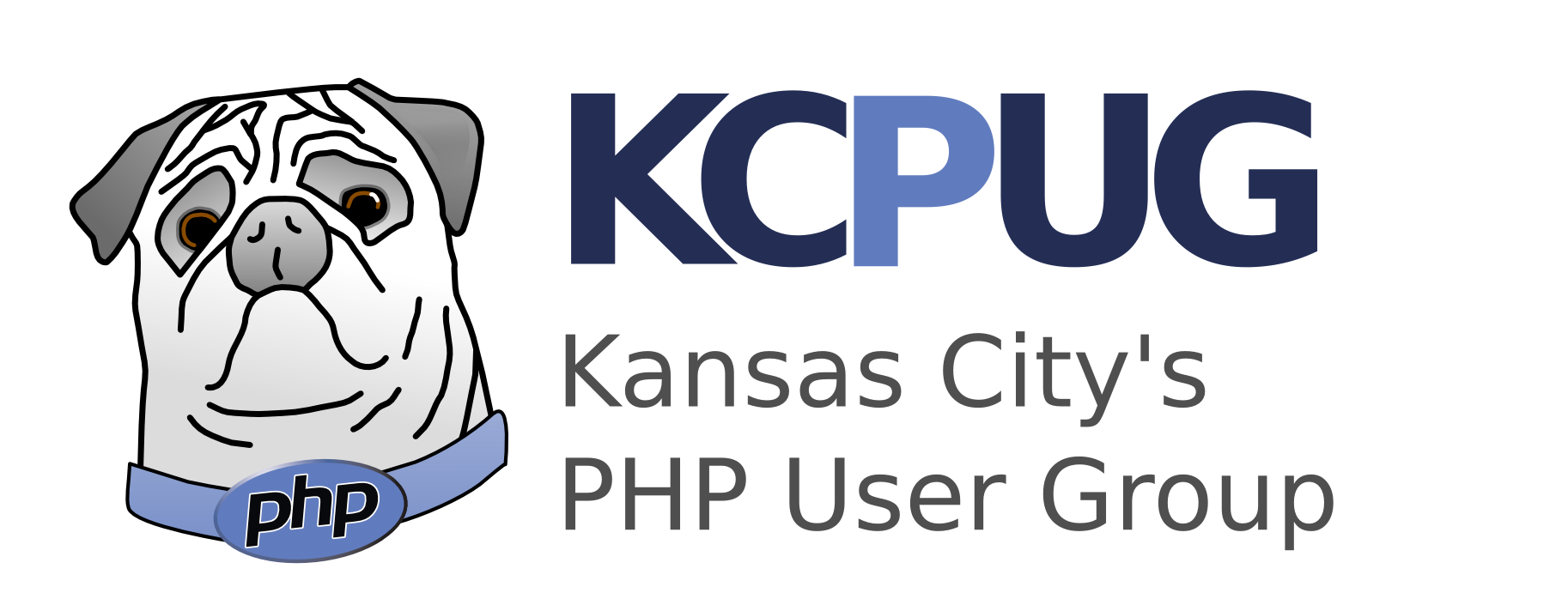CakePHP Application Development is a new book announced by Packt, which is designed as a step-by-step introduction to rapid web development using the CakePHP Framework. Written by Anupom Syam and Ahsanul Bari, the book aims to assist PHP programmers to develop and deploy well-crafted and robust web-based applications with the open source MVC CakePHP framework.
CakePHP is an open source web application framework written in PHP. It uses well-known design patterns and provides a structured framework that enables PHP users to develop robust web applications, without any loss of flexibility. The user can code faster, better, and it makes writing Web 2.0-style applications easier.
The book introduces the user to installing the MVC Framework and building his first application, and follows with looking at each main component of a CakePHP application in detail. The book also teaches how to build Web 2.0 style applications using a case study application.
This book walks the PHP developer through setting up a CakePHP environment, and develops an example application to illustrate all of the techniques the user needs to write a complete, non-trivial application in PHP. The user will also learn about the MVC pattern and coding styles through practical examples.
PHP developers wanting to develop cutting-edge Web 2.0 applications, or see how to write code in a faster, more productive way will find this book useful.
For more details on the book, please visit http://www.packtpub.com/cakephp-application-development/book
